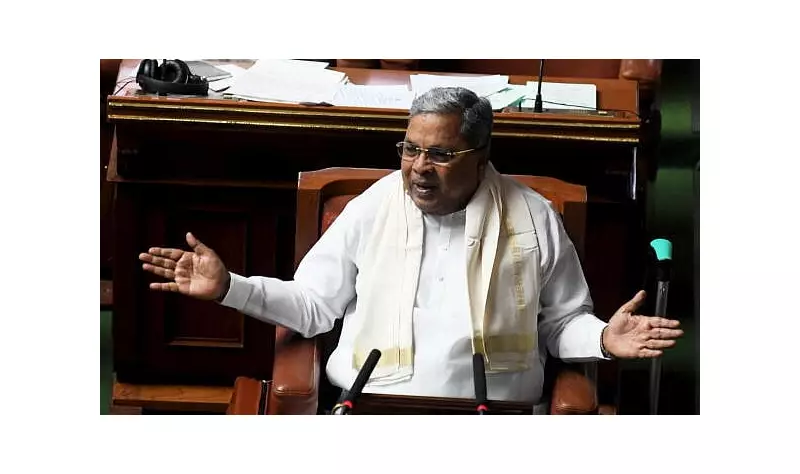
In a robust defense of his government's flagship initiatives, Karnataka Chief Minister Siddaramaiah has declared that the much-debated guarantee schemes have proven to be neither a financial burden nor inflationary pressures on the state's economy.
The Chief Minister, addressing concerns about the fiscal impact of these programs, revealed staggering numbers that tell a compelling success story. Over 4.5 crore Kannadigas have directly benefited from these welfare measures, with the government disbursing approximately ₹52,000 crore to implement these schemes effectively.
Economic Boost, Not Burden
Countering opposition criticism, Siddaramaiah presented an economic perspective that might surprise many skeptics. "Rather than draining state resources, these schemes have injected approximately ₹1.5 lakh crore into Karnataka's economy", the CM asserted during his address.
This economic stimulus effect challenges conventional wisdom about welfare spending, suggesting that putting money directly into the hands of consumers has created a multiplier effect across various sectors.
The Five Pillars of Transformation
The Karnataka government's guarantee framework rests on five cornerstone initiatives:
- Shakti Scheme: Revolutionizing women's mobility with free bus travel
- Griha Jyoti: Ensuring accessible electricity for households
- Griha Lakshmi: Financial empowerment for women heads of families
- Anna Bhagya: Food security through enhanced ration provisions
- Yuva Nidhi: Supporting educated youth during employment transitions
Budgetary Wisdom Amidst Criticism
Addressing concerns about fiscal management, Siddaramaiah emphasized that the government has maintained fiscal discipline while implementing these ambitious programs. The schemes accounted for about 31% of the state's tax revenue in the 2024-25 budget, a proportion the government considers manageable and justified given the widespread benefits.
"We have carefully balanced welfare with fiscal responsibility", the Chief Minister stated, pointing to the comprehensive approach that considers both immediate public needs and long-term economic stability.
A Political Mandate with Economic Sense
The defense comes at a crucial political moment, with the government positioning these schemes not merely as populist measures but as strategic investments in human capital and economic growth. By putting purchasing power directly into the hands of millions, the government argues it has stimulated local economies across Karnataka's towns and villages.
As the debate continues, the Siddaramaiah administration appears confident that the numbers—and the visible impact on grassroots economic activity—will validate their approach to governance through guarantee schemes.






